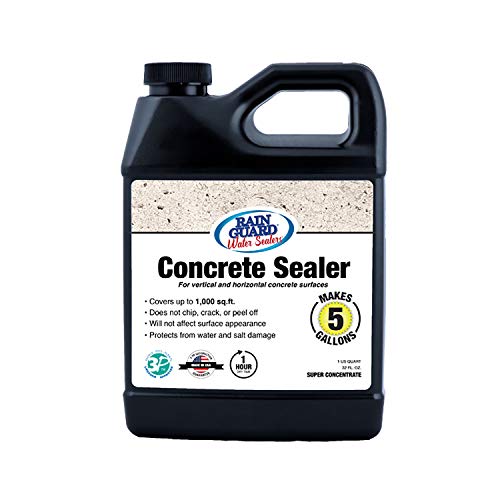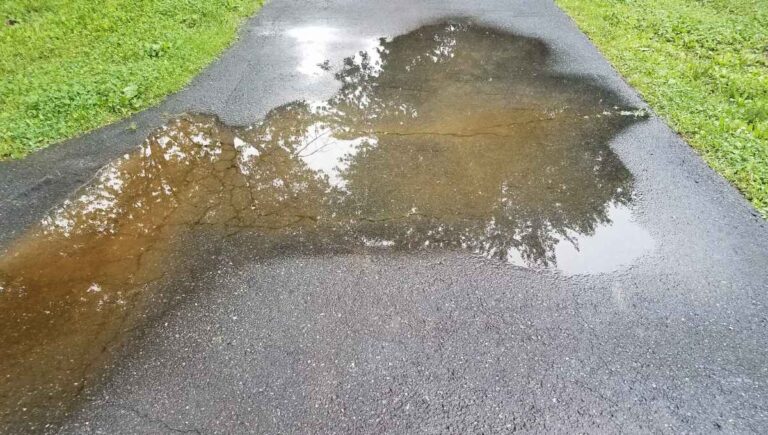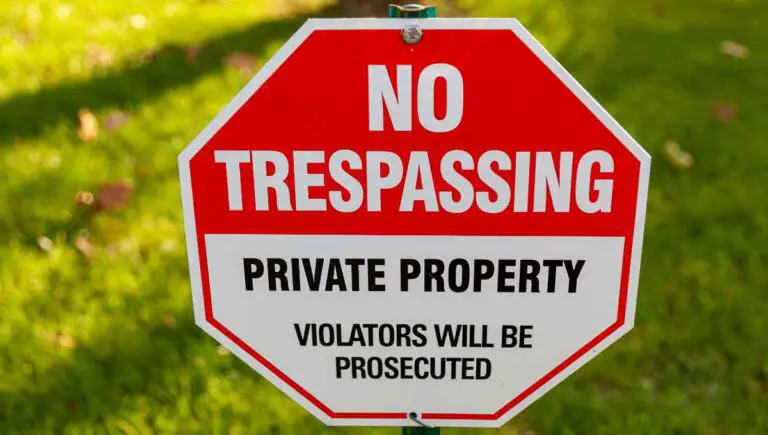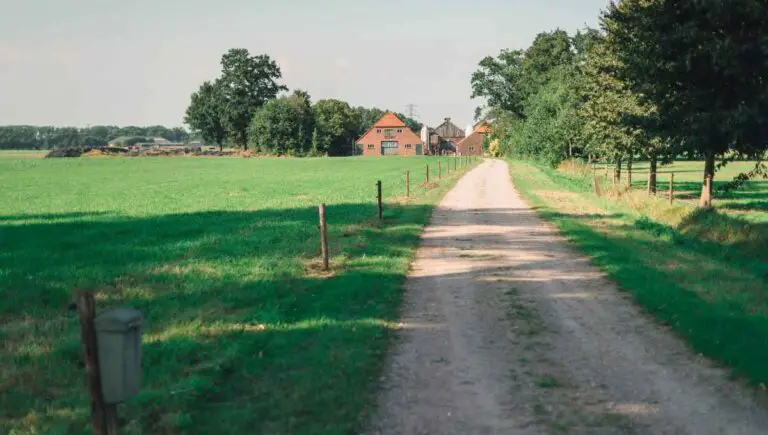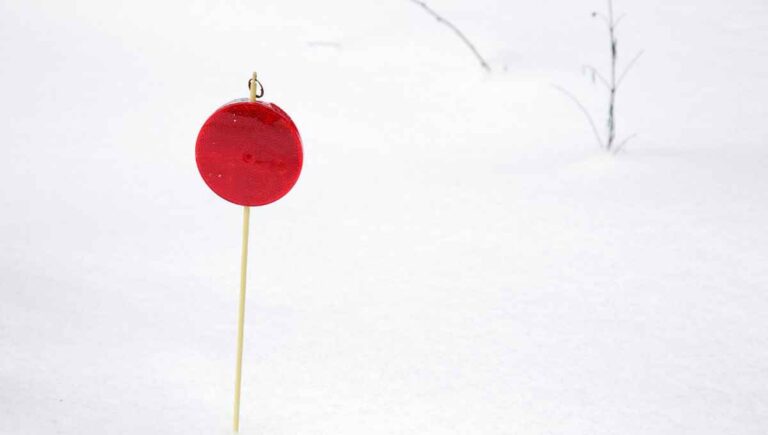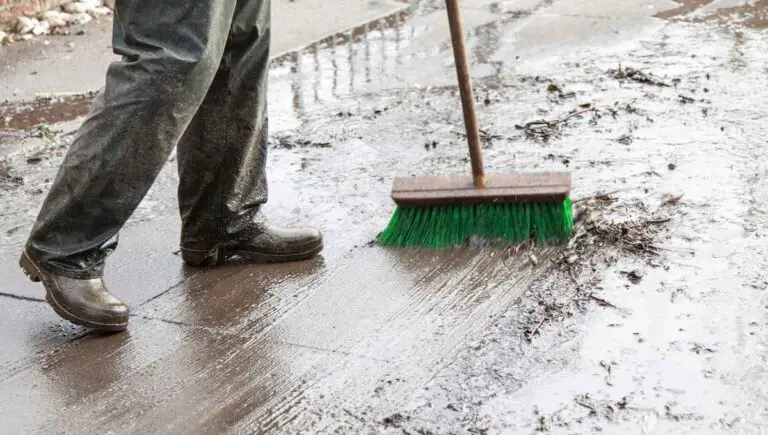Can a Driveway Be Sealed in the Rain? (How to Make It Work)
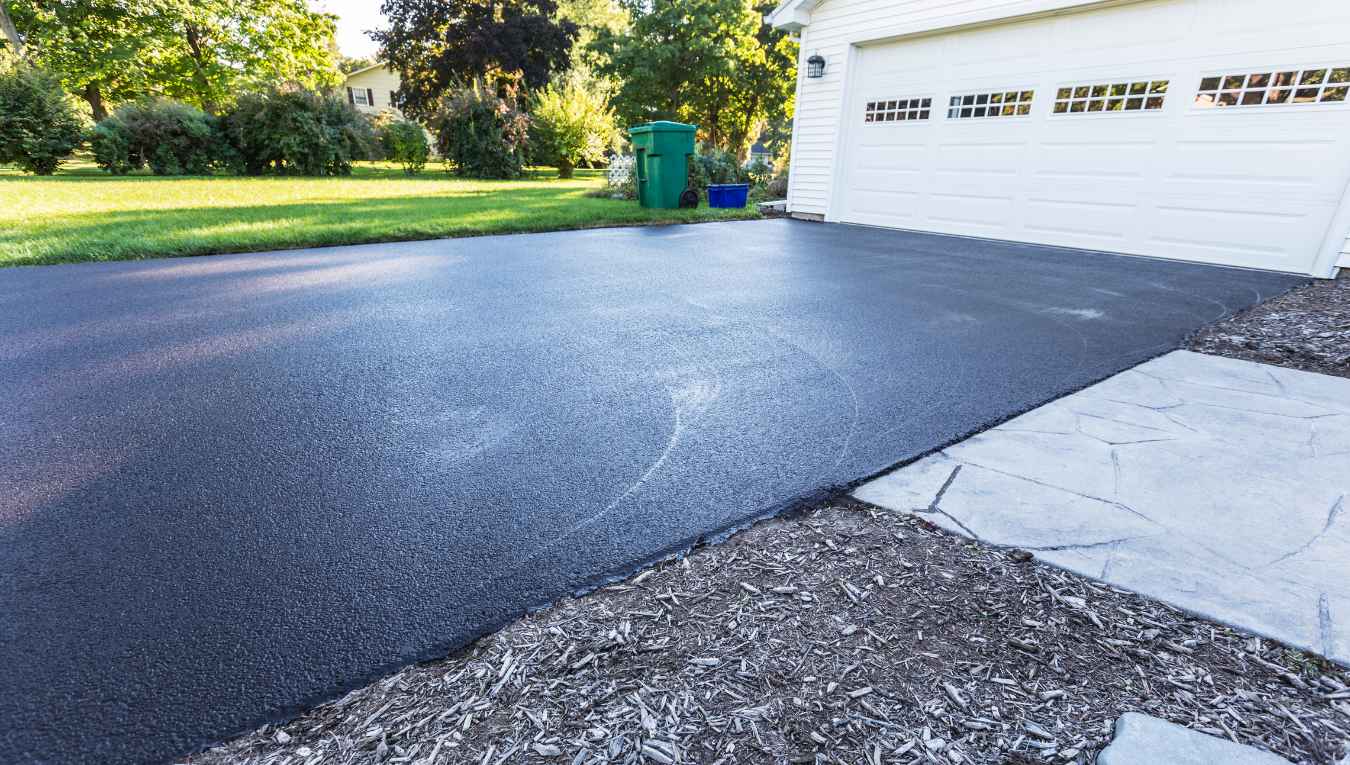
Driveways are an important part of any home’s exterior. They provide a smooth and safe surface for cars to park and people to walk, but they can also be affected by weather conditions. One common question is whether a driveway can be sealed in the rain.
You should never attempt to seal your driveway in the rain. The sealant will not take hold of the surface and definitely won’t provide any protection to your driveway. Your driveway should be completely dry until the sealant is dry.
The driveway sealant is designed to protect your driveway from environmental factors, so it’s easy to assume it can be applied in the rain. However, in this article, we look at why sealing your driveway in the rain would be a big mistake.
This post contains affiliate links from Amazon and other stores. This means Yard Blogger may earn a commission if you make a purchase using any of our links. Please refer to our full affiliate disclosure policy for full details.
Here’s a Quick Pro Tip!
If you’re planning on sealing your driveway, we have gathered the best options available on Amazon. Just as you need the right conditions to seal your driveway, you also need a good product that will protect your asphalt.
The top sealants for your driveway from amazon
1. Rain Guard Water-Based Sealer – a sealant for porous concrete surfaces (and asphalt).
2. Foundation Armos Sealer – protects your driveway against damage from ice and frost.
3. DryWay Sealer – could be used on multiple surfaces, not only driveways.
Optimal Weather Conditions for Sealing a Driveway
Sealing your driveway adds a protective layer over the asphalt. This protects your driveway from environmental factors, especially weather elements like frost and snow.
Let’s look at the best weather conditions for sealing your driveway.
Sealing Your Driveway While Wet
You should not attempt to seal your driveway while it is wet. A wet surface could mean the sealer will not set entirely, or it will not set at all. Make sure your driveway is completely dry before applying the sealant.
You should also check the weather forecast and plan this project on a day that has a few dry days ahead. If it starts to rain while you are sealing the driveway, your hard work will be ruined. The rain will wash away the sealant, and you will have to start over once the driveway is dry again.
You need to make sure that your driveway will be dry for at least 24 hours after sealing it. This ensures that it seals properly and your driveway can be adequately protected.
If your asphalt sealer (or concrete sealer) gets wet, it could also cause a chemical reaction. This reaction will create foam or bubbles on your driveway.
What to Avoid When Sealing a Driveway
As we mentioned, you should avoid choosing rainy days or seasons to seal your driveway, which will most likely ruin your sealant.
You also should not immediately apply a sealant over fresh asphalt. The asphalt first needs to be cured – which takes time. You should wait at least six months after laying new asphalt to seal your driveway.
When Not to Seal Your Driveway
You should not seal your driveway in the winter months since the cold temperatures and rain could cause problems with the sealant.
You also should not seal your driveway immediately after installing fresh asphalt since the asphalt needs time to cure.
Protecting a Newly Sealed Driveway
To protect your newly sealed driveway, you should ensure there is as little disturbance as possible.
You should not drive over the driveway within the first 24 – 48 hours, and you should also make sure that there is no rain forecasted for the first few days after sealing the driveway.
You might also enjoy our post on Whether You Can Pave a Driveway in The Winter
Final Thoughts
A driveway should not be sealed in the rain under any circumstances. Preferably you should seal your driveway in the summer months when it’s relatively hot and dry. These are the optimal conditions to seal a driveway.

